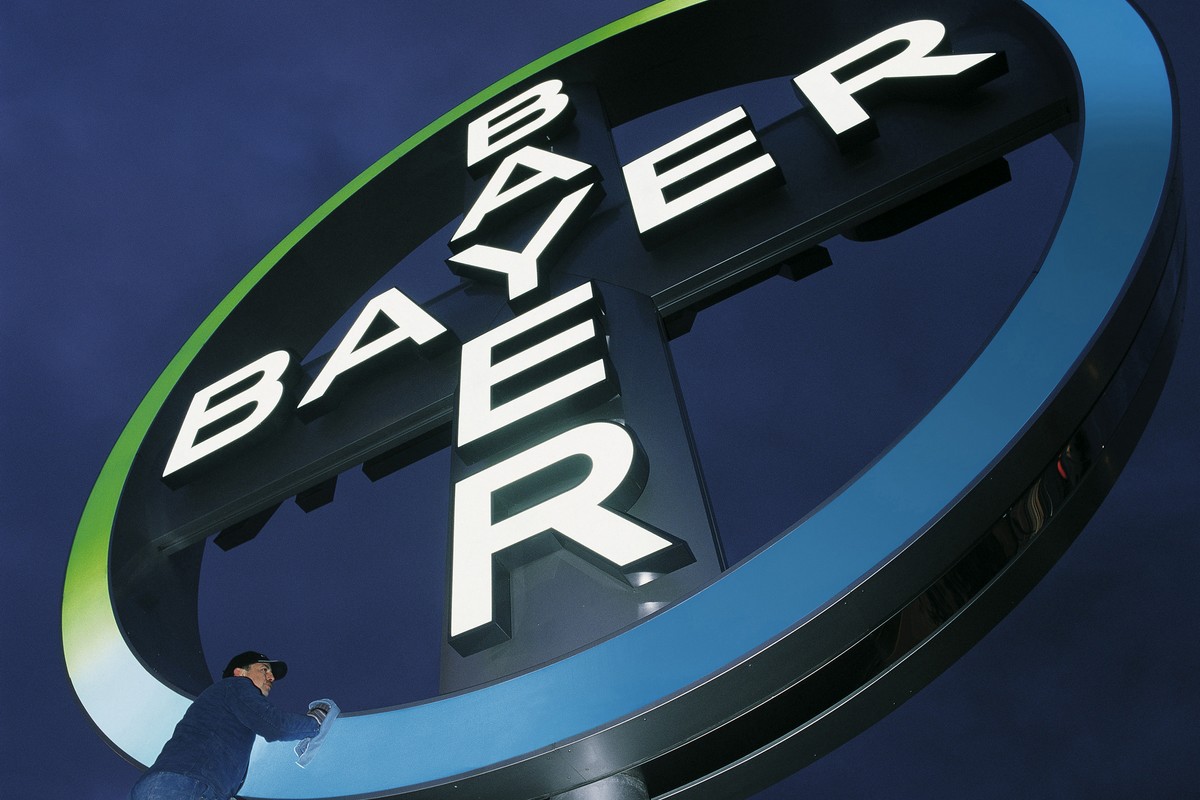
German chemical and pharmaceutical group Bayer plunged 4.6 billion euros into the red in the third quarter. Bayer is now considering separating from either its consumer health or crop protection divisions to revive its share price, according to CEO Bill Anderson. He says he does not want to split it into three parts.
The company does plan to remove several layers of management – layoffs, in other words – to speed up decision-making and cut costs.
Bayer on Wednesday reported an operating profit decline of more than expected in the third quarter and expects challenges to profitability in 2024. The biggest problems were found in agrochemicals, where there was a decline in value of more than four billion euros. In the third quarter of 2022, Bayer had still posted a net profit of 546 million euros.
Sales fell by more than eight percent to 10.3 billion euros. Bayer refers to declining prices for glyphosate-based herbicides and currency effects, among other things. Both sales and profit were below analyst expectations.
Bayer’s shares have underperformed its competitors, affected in part by U.S. lawsuits over the alleged cancer-causing effects of its weedkiller Roundup.
“The results came in largely as we expected, knowing that Q3 is never our strongest quarter. The important message is that, based on where we are and what we see for the remaining quarter, we are confirming the updated 2023 guidance,” CEO Bill Anderson said on Wednesday when presenting the company’s Quarterly Statement. “We know that this requires a strong fourth quarter. We’re fully focused on delivering exactly that – and the team is confident in our outlook.”
“We’re not happy with this year’s performance. Nearly 50 billion euros in revenue but zero cash flow is simply not acceptable,” stated Anderson, who has been at the helm of the company since June. He intends to focus everything on Bayer’s mission of “Health for all, hunger for none” and on driving innovation and strengthening financial performance. “Our mission hasn’t always been front and center in our operations. That will change. We are redesigning Bayer to focus only on what’s essential for our mission – and getting rid of everything else.” By the end of next year, Bayer will remove multiple layers of management and coordination, he said. “This step will unleash our teams with the mission-focus necessary to turn things around. Ninety-five percent of the decision-making in the organization will shift from managers to the people doing the work.” Even though this will include a significant reduction in the workforce, it is not a traditional cost-cutting program, Anderson said. In addition, a new Board of Management compensation system will be proposed at the next Annual Stockholders’ Meeting, he said, noting that it will be more closely aligned with the long-term development of the company’s share price.
“We are looking closely at our structural options. We have an expert team – including external financial advisors – evaluating them. They’re reviewing market conditions, what structural changes would mean for our value creation, one-time costs and dis-synergies, cash flows and leverage ratios, tax leakage, and other criteria,” Anderson explained. In terms of structural options, beyond maintaining three divisions, a separation of either Consumer Health or Crop Science remains under evaluation. “We have also taken some options out of consideration. For example, we considered simultaneously splitting the company into three businesses. We’re ruling that option out. A three-way split would require a two-step process.” The company will share further details in March at its Capital Markets Day, together with the publication of the Annual Report and the 2024 guidance. Based on current market dynamics and first assumptions, Bayer expects a soft growth outlook and continued challenges to the company’s profitability for next year.
Click here for the results.